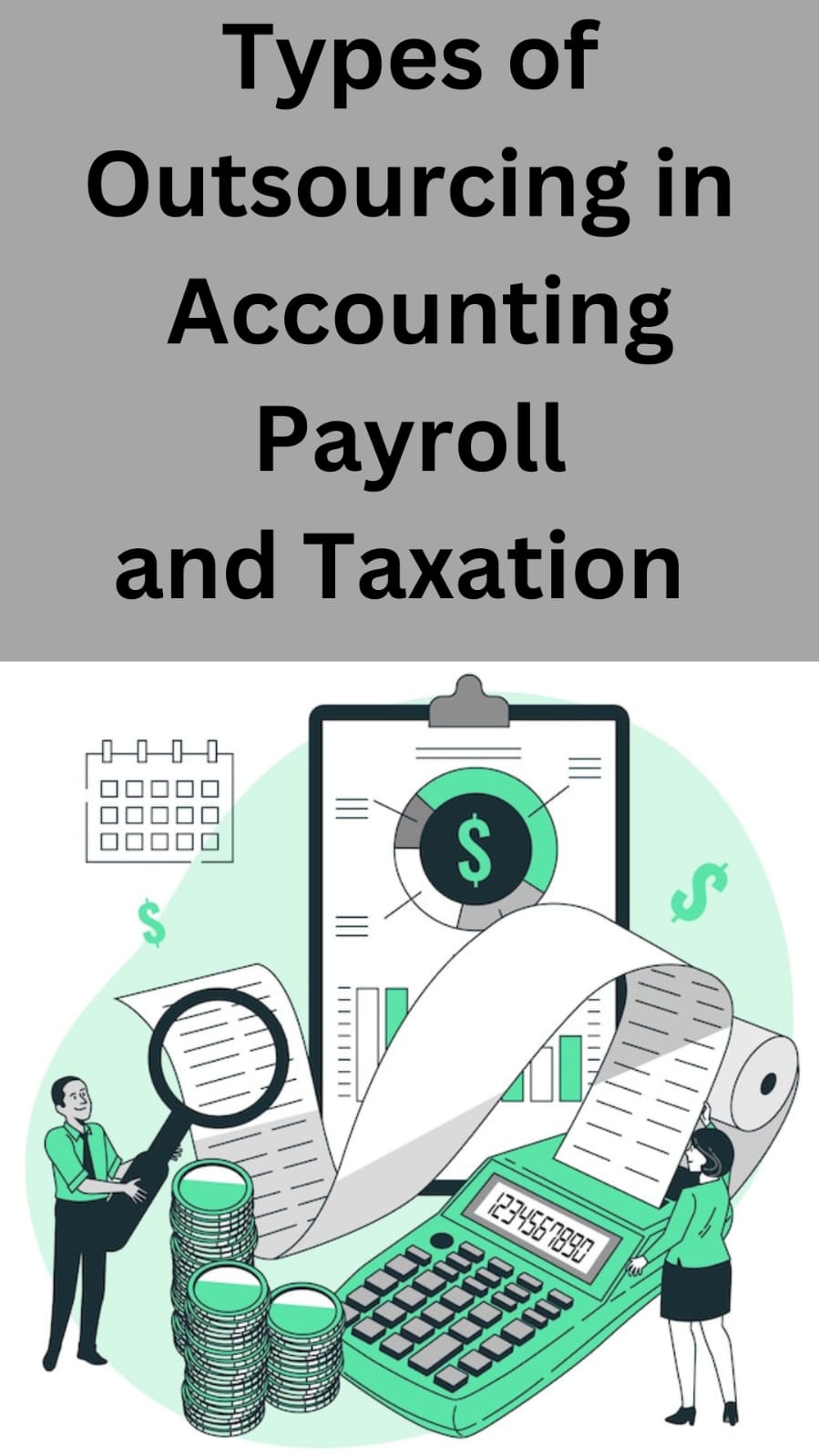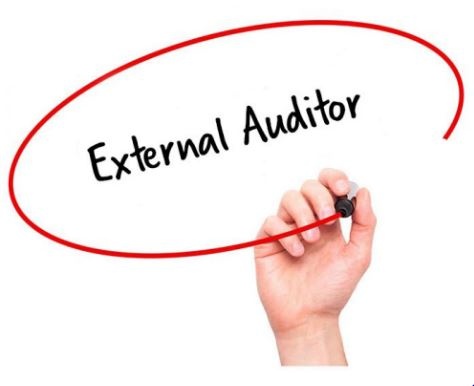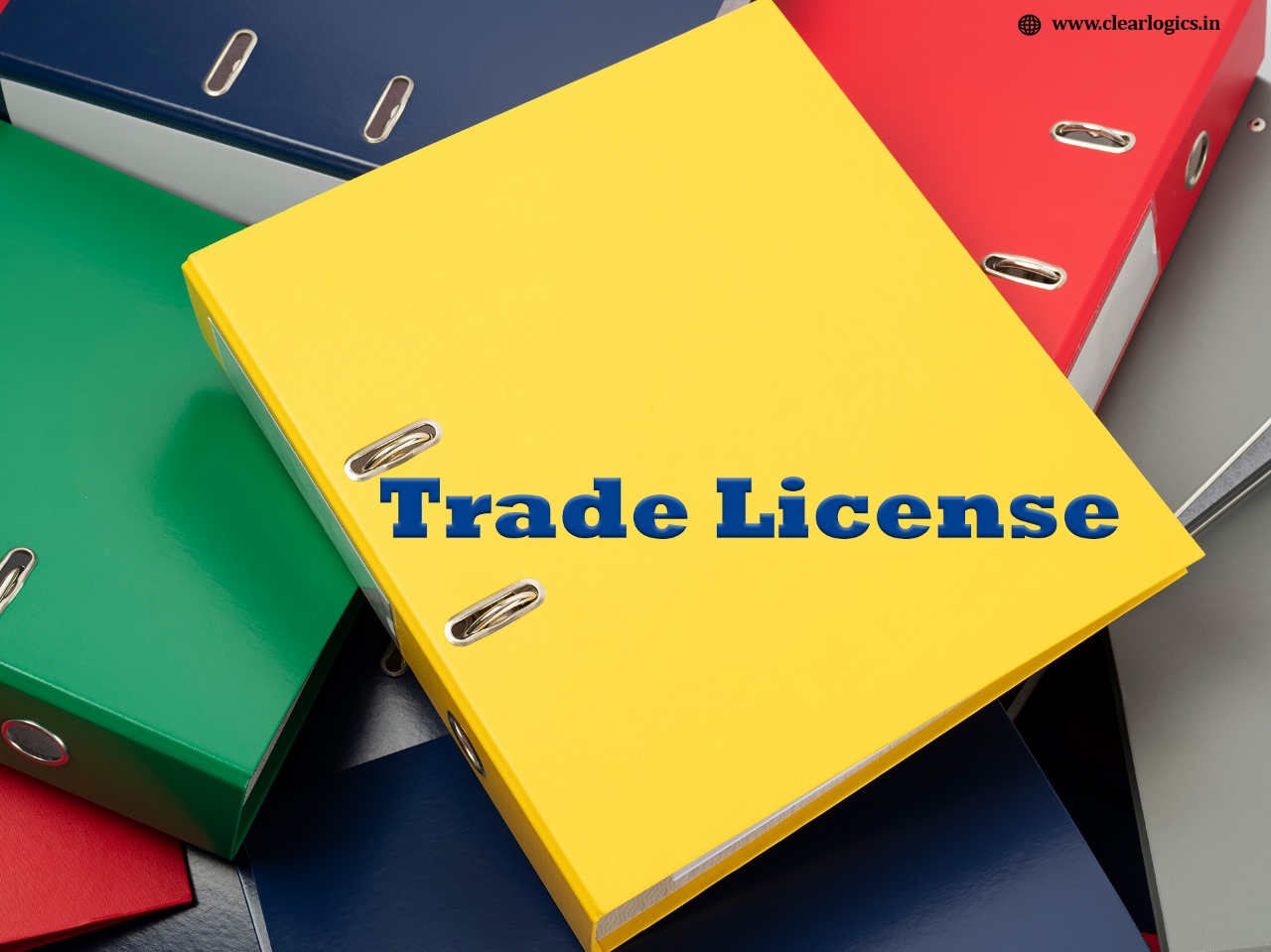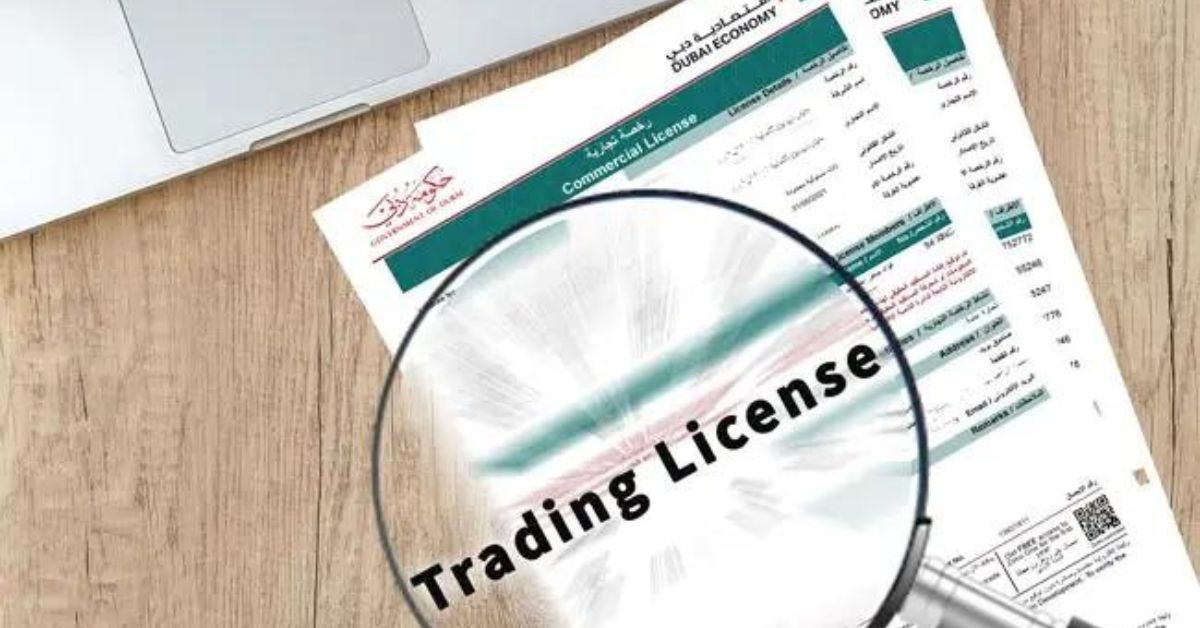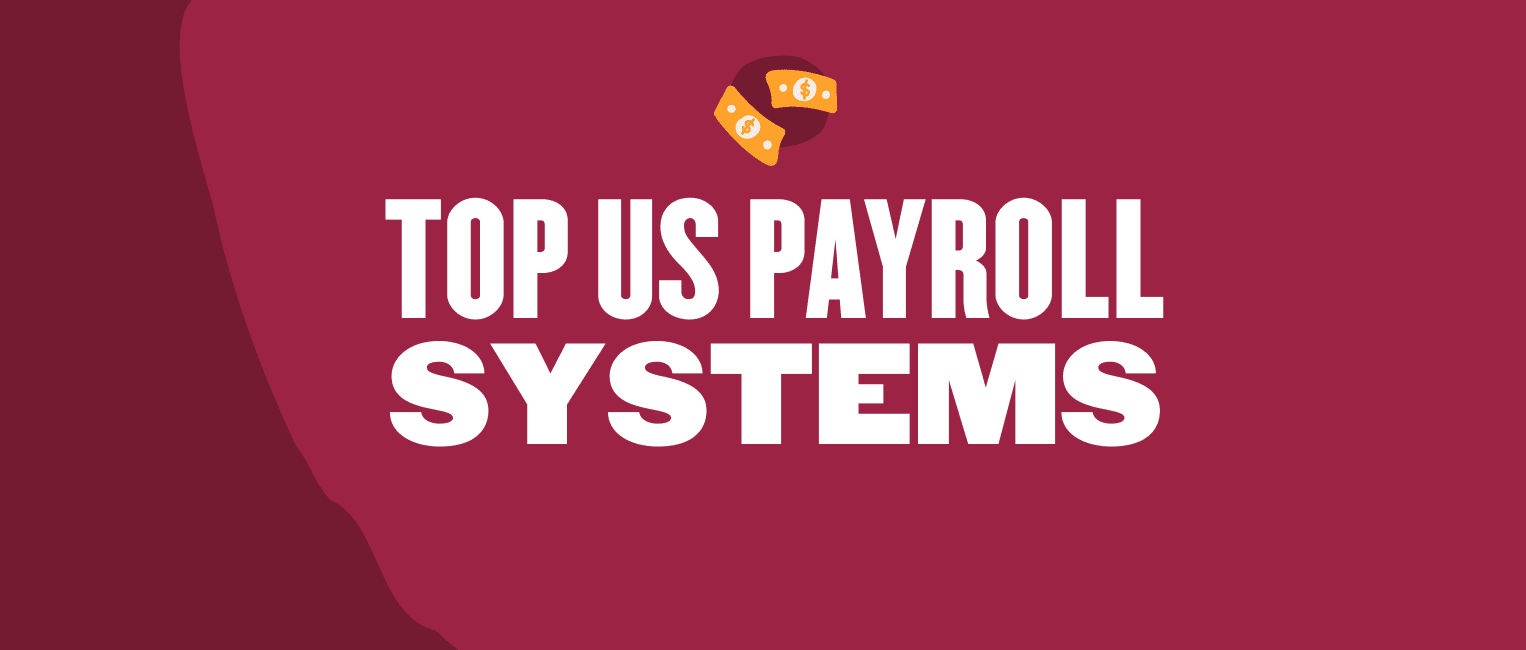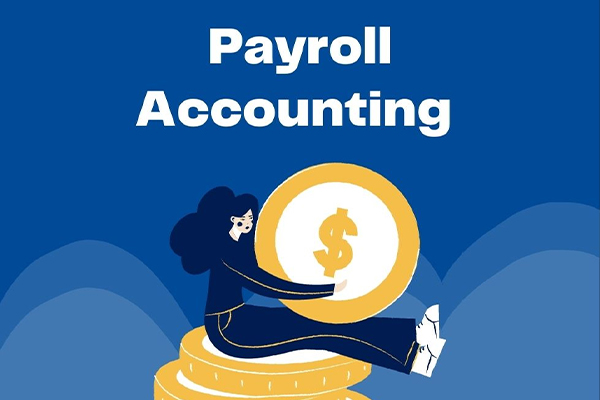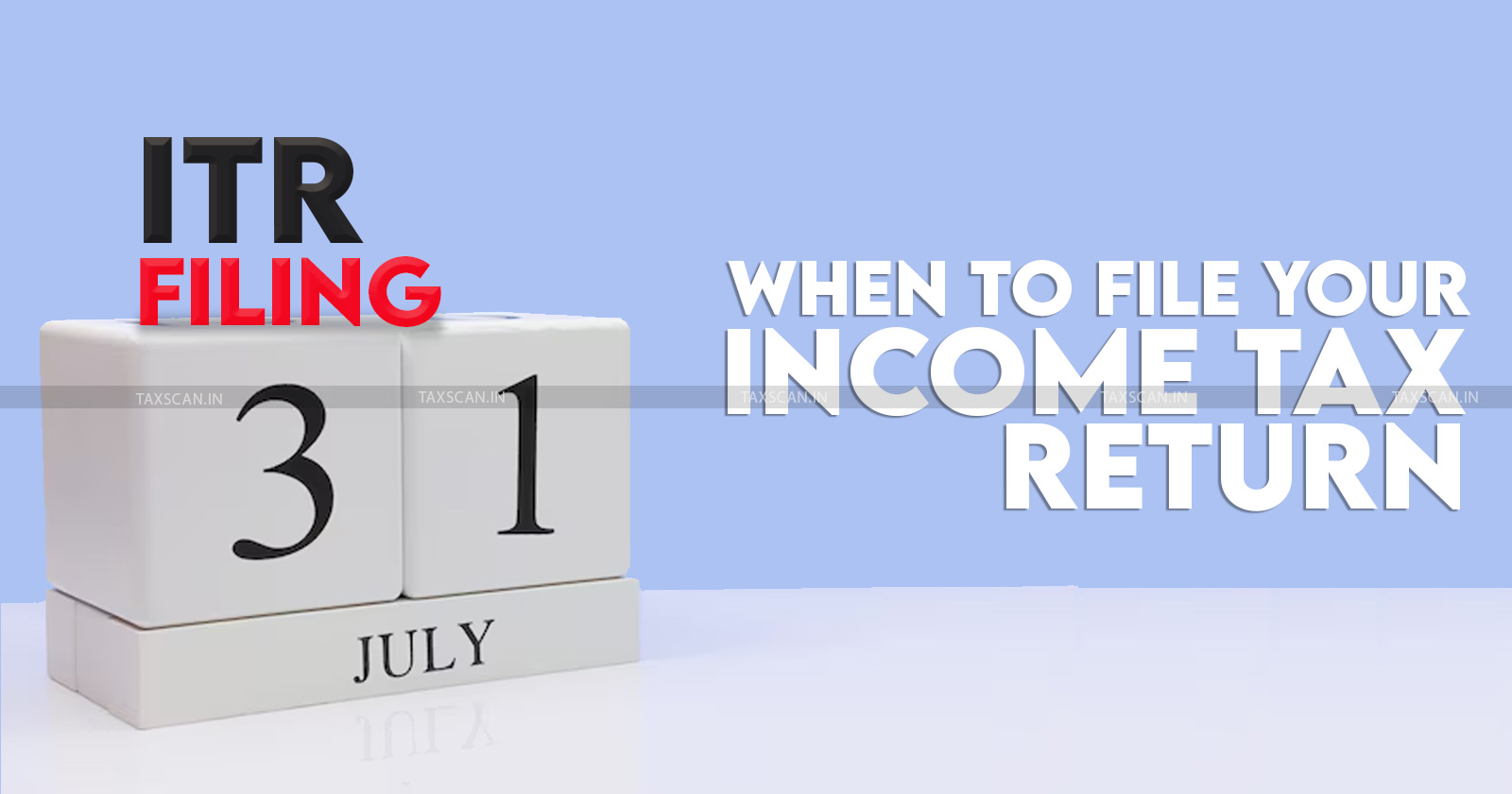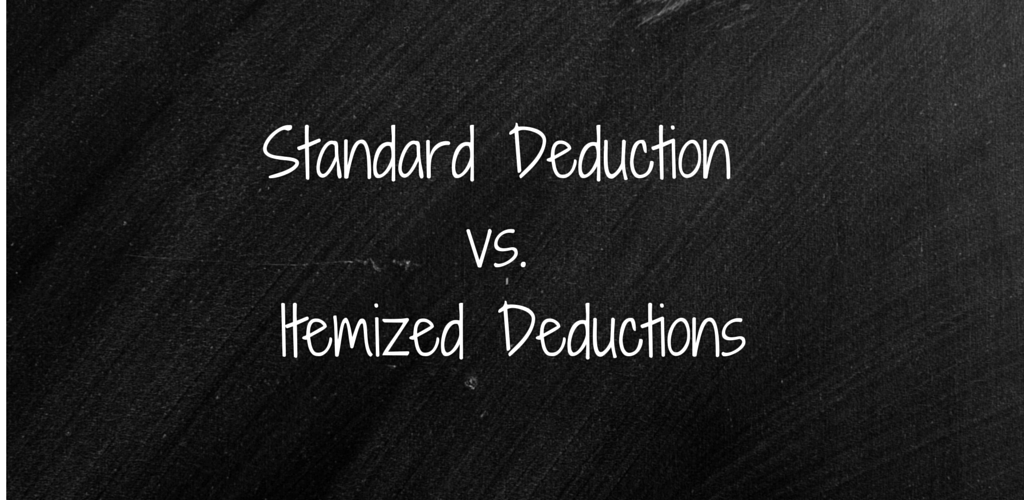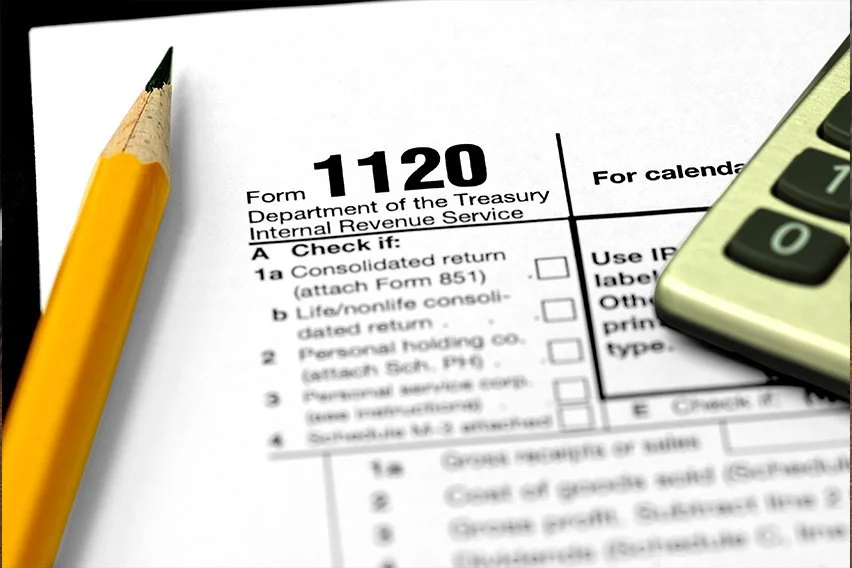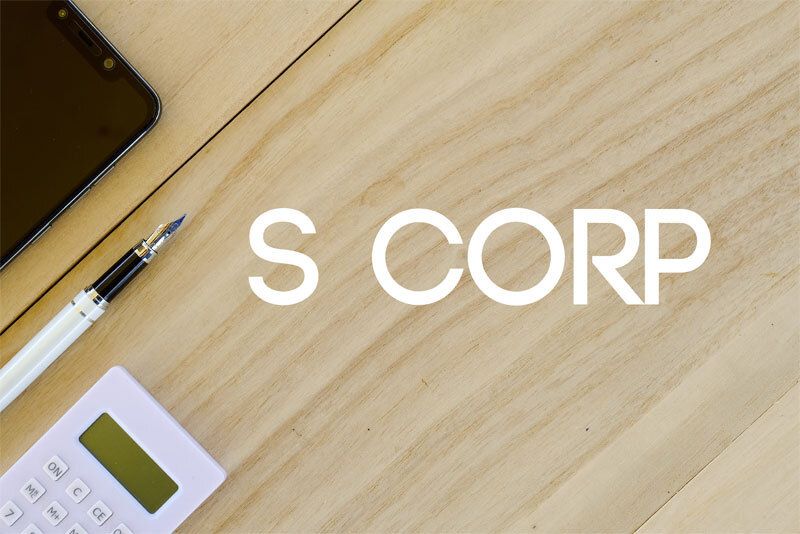Form 1040 NR
Form 1040-NR, also known as the U.S. Nonresident Alien Income Tax Return, is a critical document for nonresident aliens who have earned income from U.S. sources. Nonresident aliens are individuals who do not pass the green card test or the substantial presence test, which are the primary criteria for determining residency status for tax purposes in the United States. This form is essential for reporting and paying taxes on various types of income earned within the U.S., such as wages, salaries, tips, interest, dividends, and other forms of compensation.
Form 1040-NR, also known as the U.S. Nonresident Alien Income Tax Return, is a critical document for nonresident aliens who have earned income from U.S. sources. Nonresident aliens are individuals who do not pass the green card test or the substantial presence test, which are the primary criteria for determining residency status for tax purposes in the United States. This form is essential for reporting and paying taxes on various types of income earned within the U.S., such as wages, salaries, tips, interest, dividends, and other forms of compensation.
Who Must File Form 1040-NR
1.You were a nonresident alien engaged in a trade or business. You must file even if:
You have no income from a trade or business conducted in the U.S.,
You have no U.S. source income, or
Your income is exempt from U.S. tax under a tax treaty or any section of the IRC.
2.You were a nonresident alien not engaged in a trade or business and:
You received income from U.S. sources that is reportable on Schedule NEC, lines 1 through 12; and
Not all of the U.S. tax that you owe was withheld from that income
3.You owe any special taxes, including any of the following.
Alternative minimum tax.
Additional tax on a qualified plan, including an IRA, or other tax‐favored account.
Household employment taxes.
Social security and Medicare tax on tips you didn’t report to your employer or on wages you received from an employer who didn’t withhold these taxes.
Recapture of first‐time homebuyer credit.
Write‐in taxes or recapture taxes, including uncollected social security and Medicare or RRTA tax on tips you reported to your employer or on group‐term life insurance and additional taxes on health savings accounts (HSAs).
4.You received HSA, Archer Medical Savings Account (MSA), or Medicare Advantage MSA distributions.
5.You had net earnings from self‐employment of at least $400 and you are a resident of a country with whom the United States has an international social security agreement (often called a totalization agreement).
6.Advance payments of the premium tax credit were made for you or a dependent who enrolled in coverage through the Marketplace. You or whoever enrolled you should have received Form(s) 1095‐A showing the amount of the advance payments.
7.You’re the personal representative for a deceased person who would have had to file Form 1040-NR. A personal representative can be an executor, administrator, or anyone who is in charge of the deceased person's property.
8.You represent an estate or trust that has to file Form 1040-NR. Change the form to reflect the provisions of subchapter J, chapter 1, of the Internal Revenue Code. You may find it helpful to refer to Form 1041 and its instructions when completing the Form 1040-NR.
9.You held a qualified investment in a qualified opportunity fund (QOF) at any time during the year. You must file your return with Form 8997.
10.You’re a dual-resident taxpayer and you would like to be treated as a nonresident of the United States for purposes of figuring your income tax liability.





